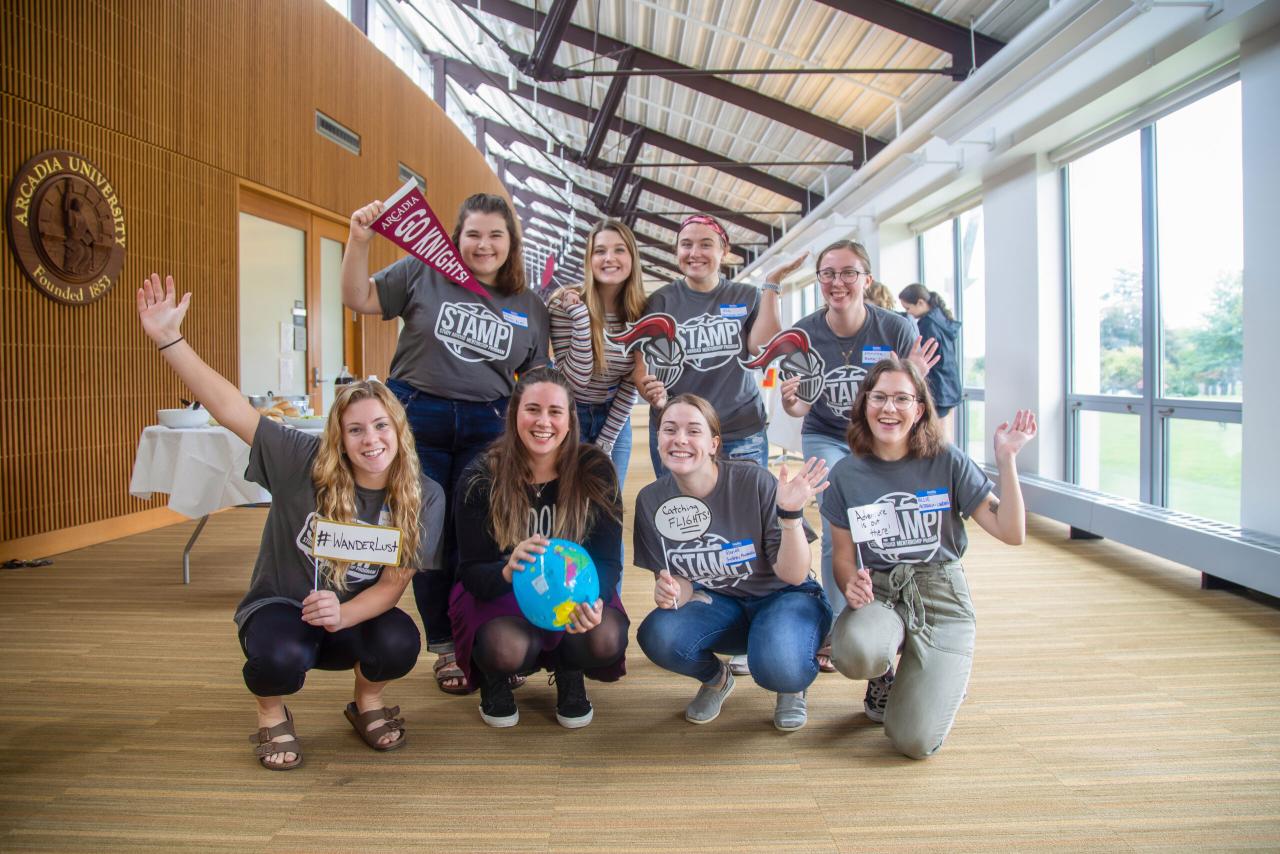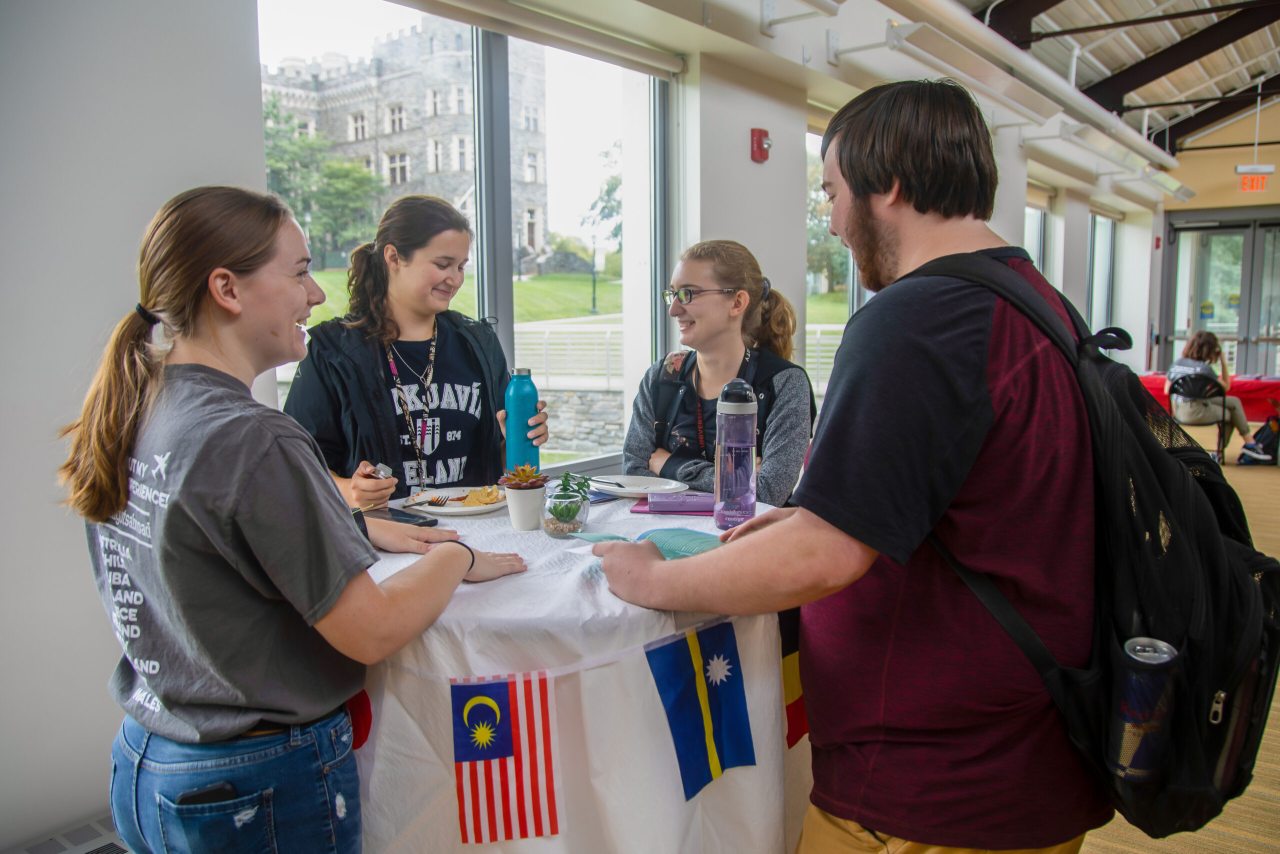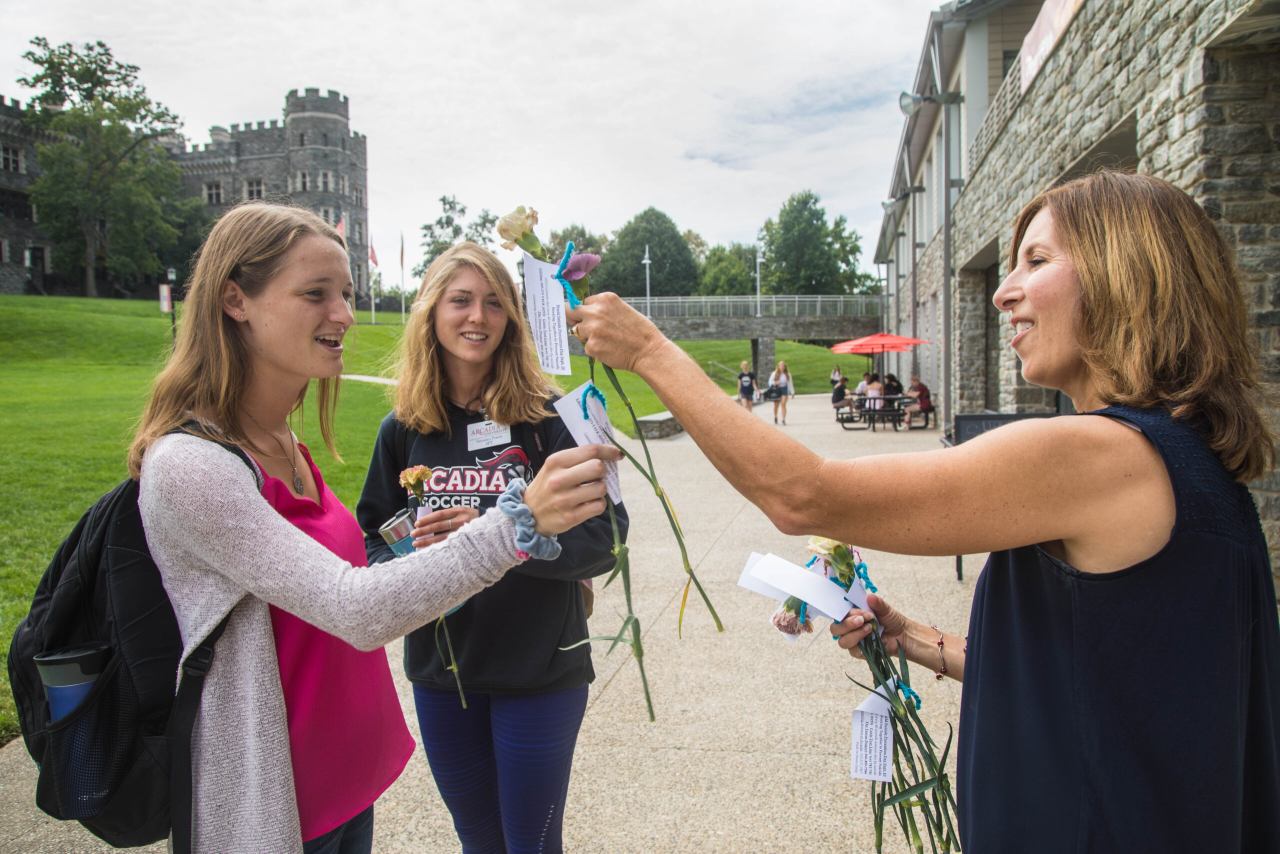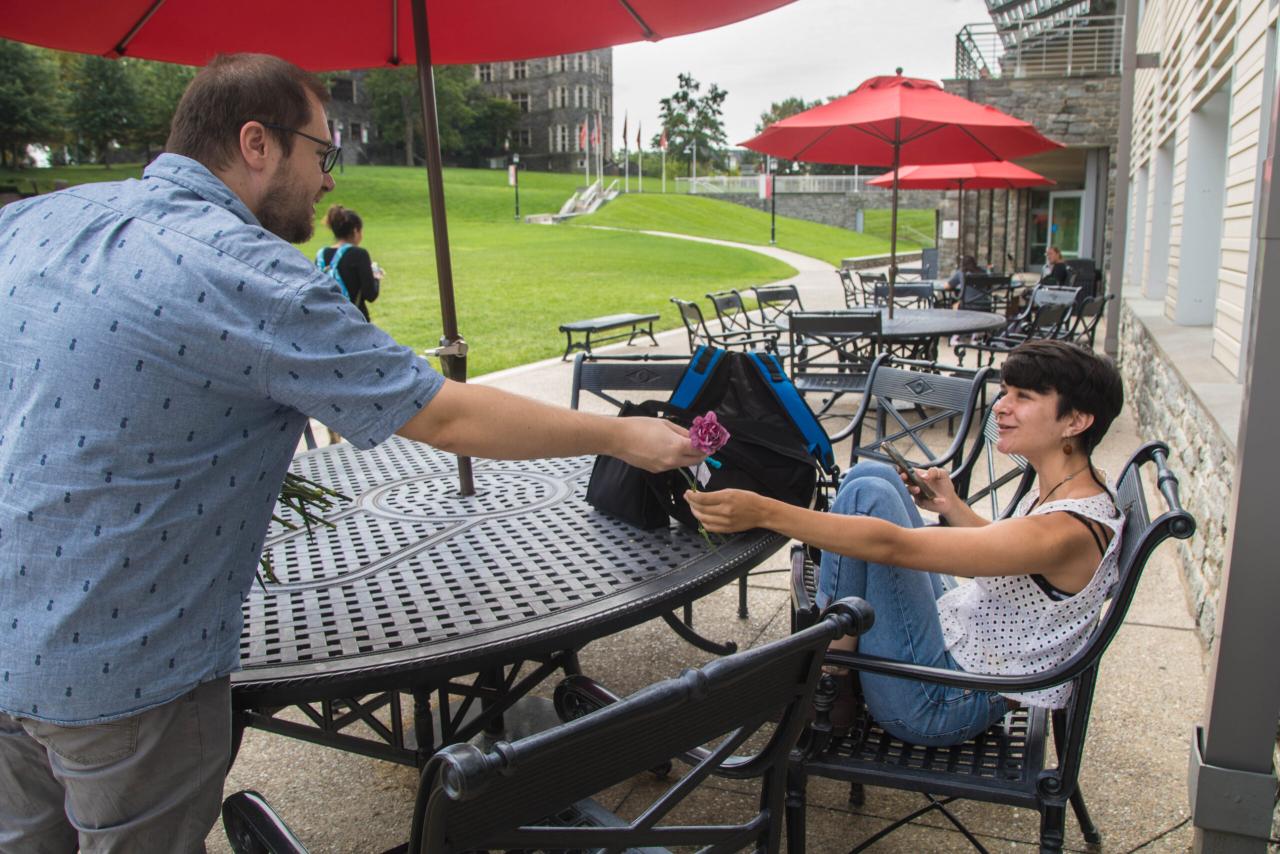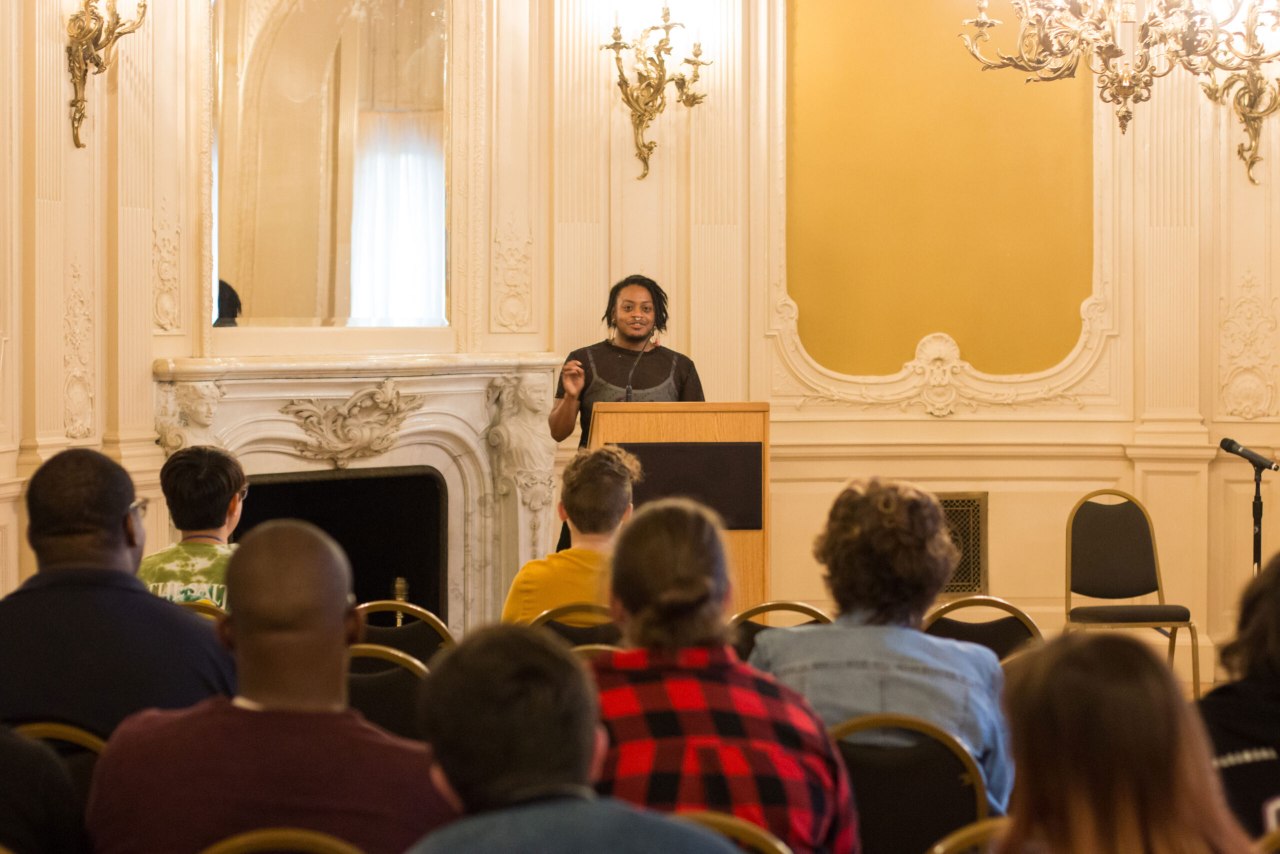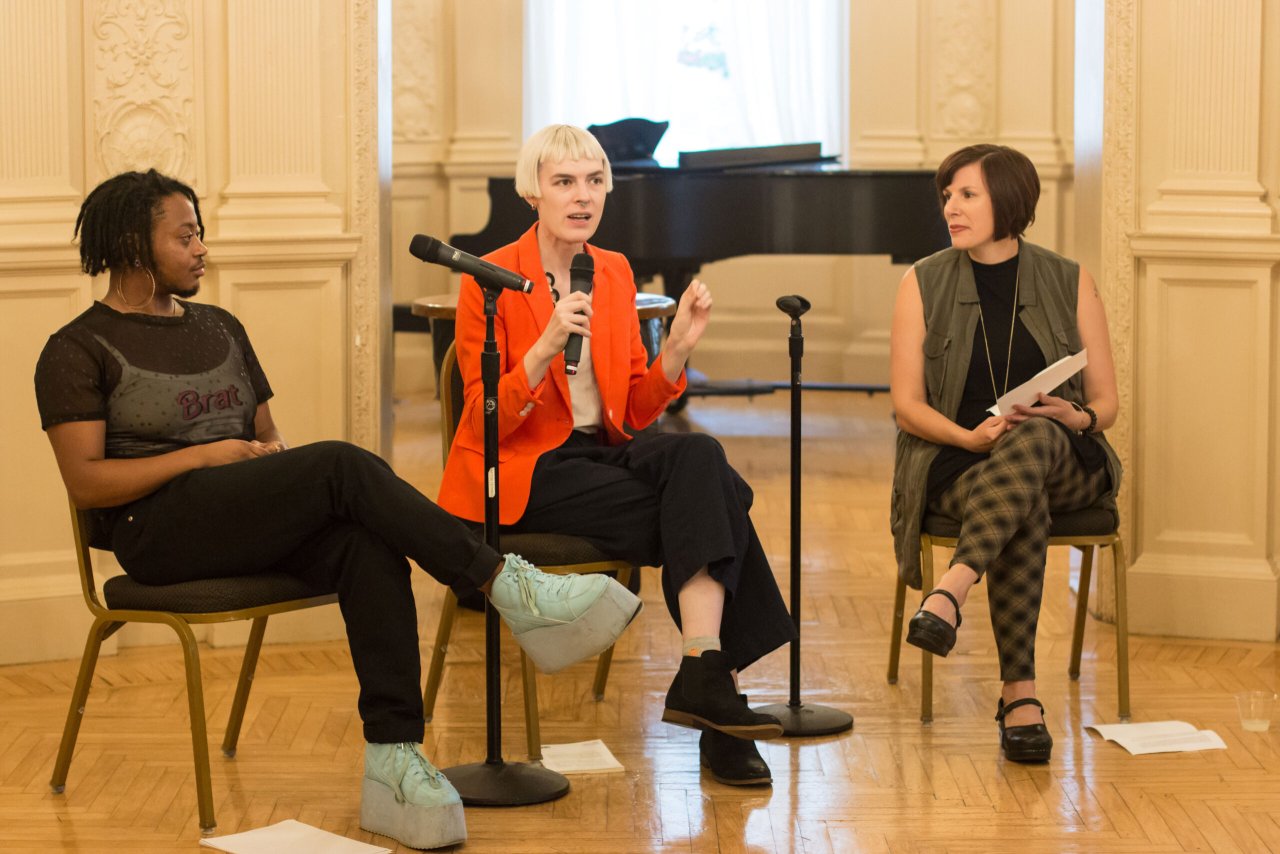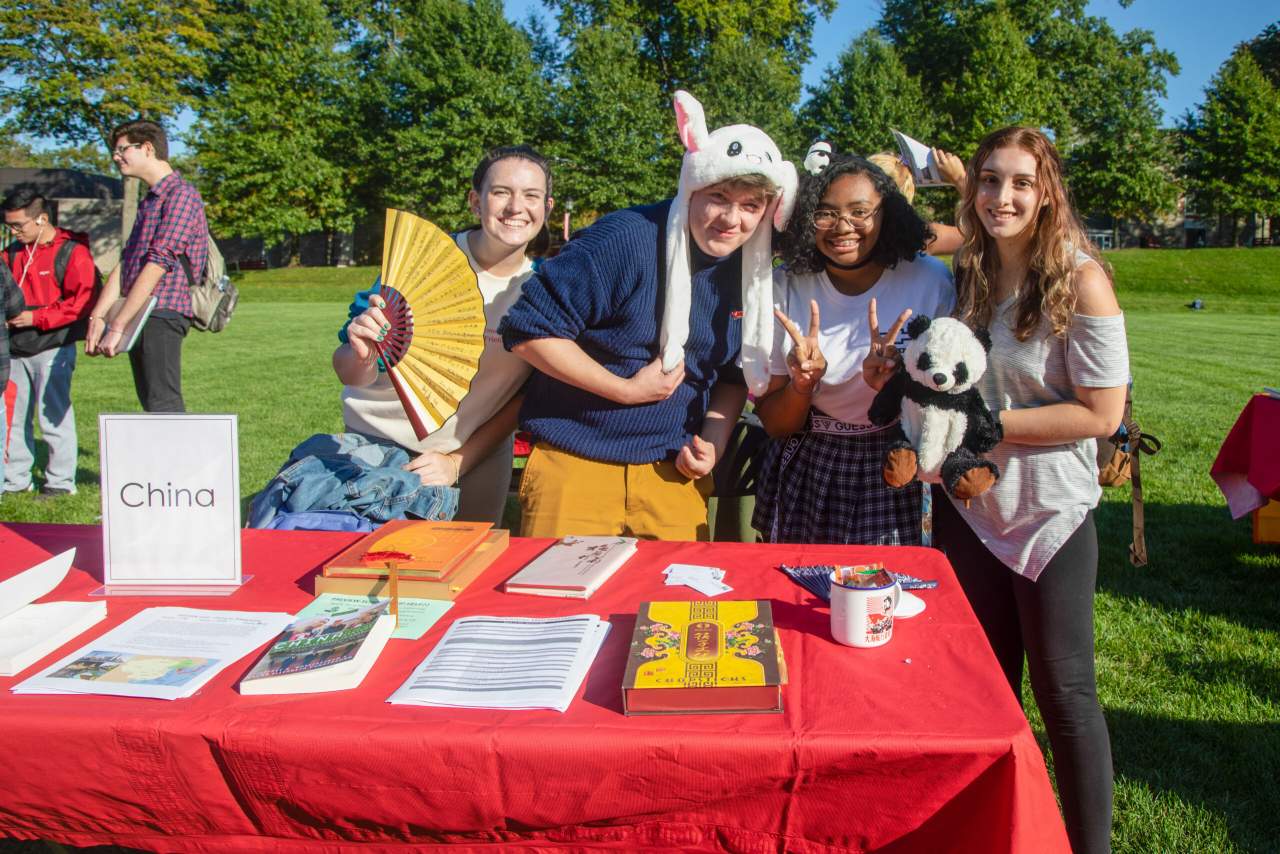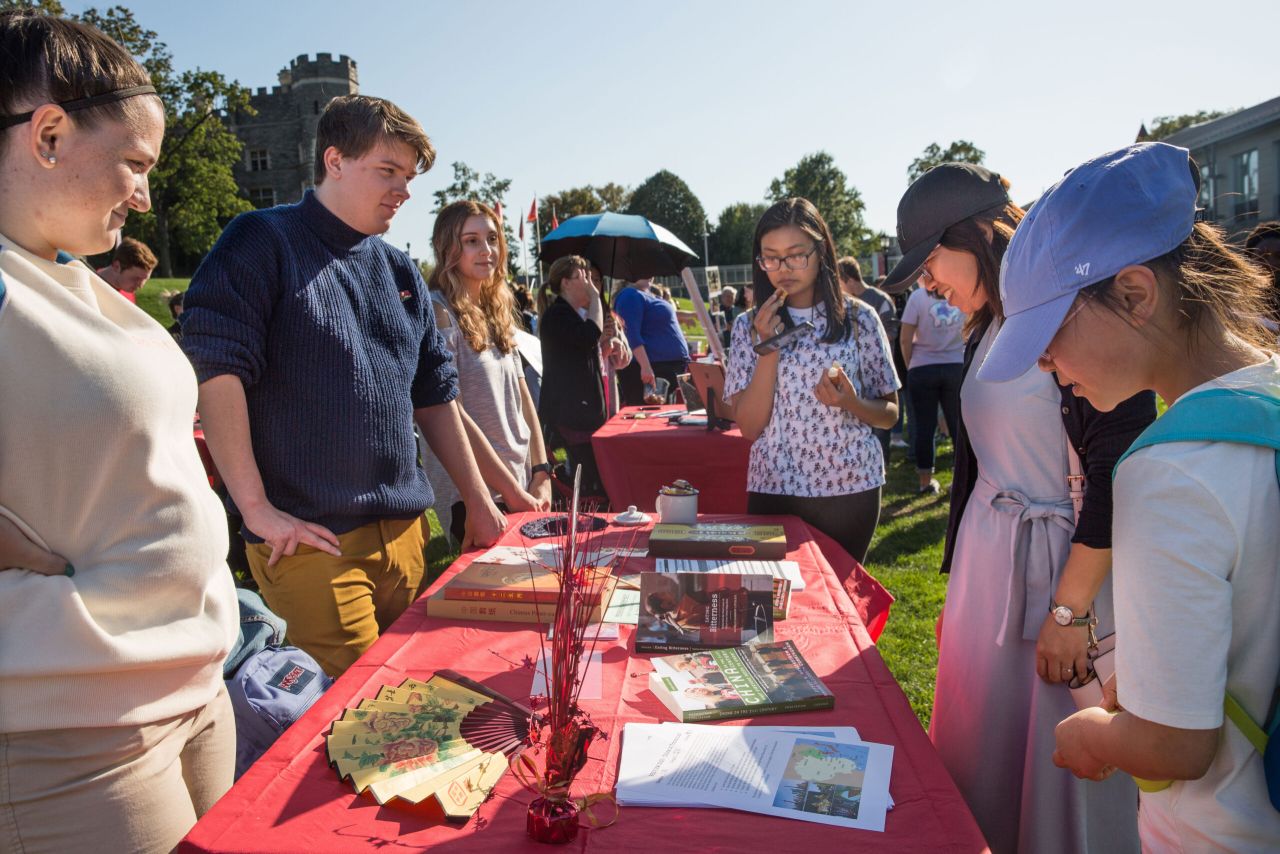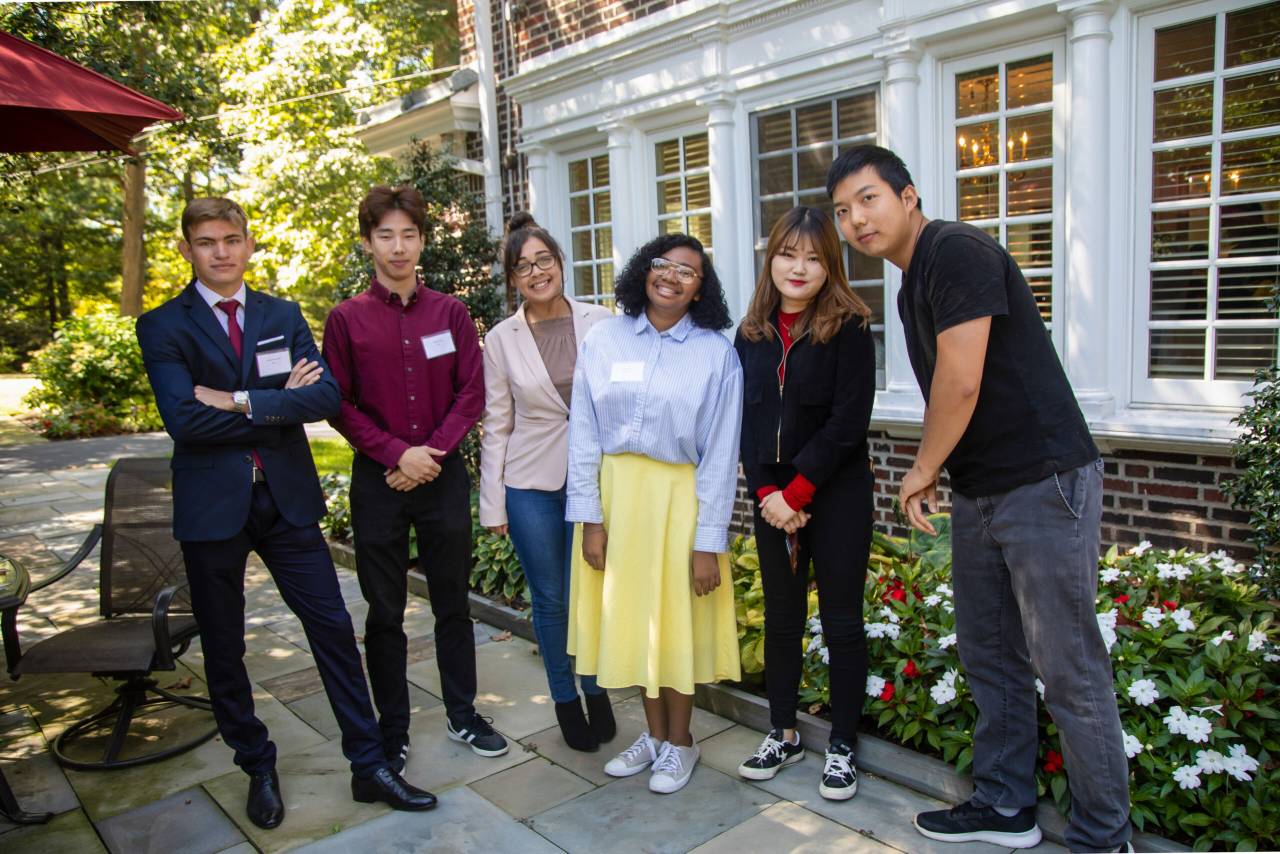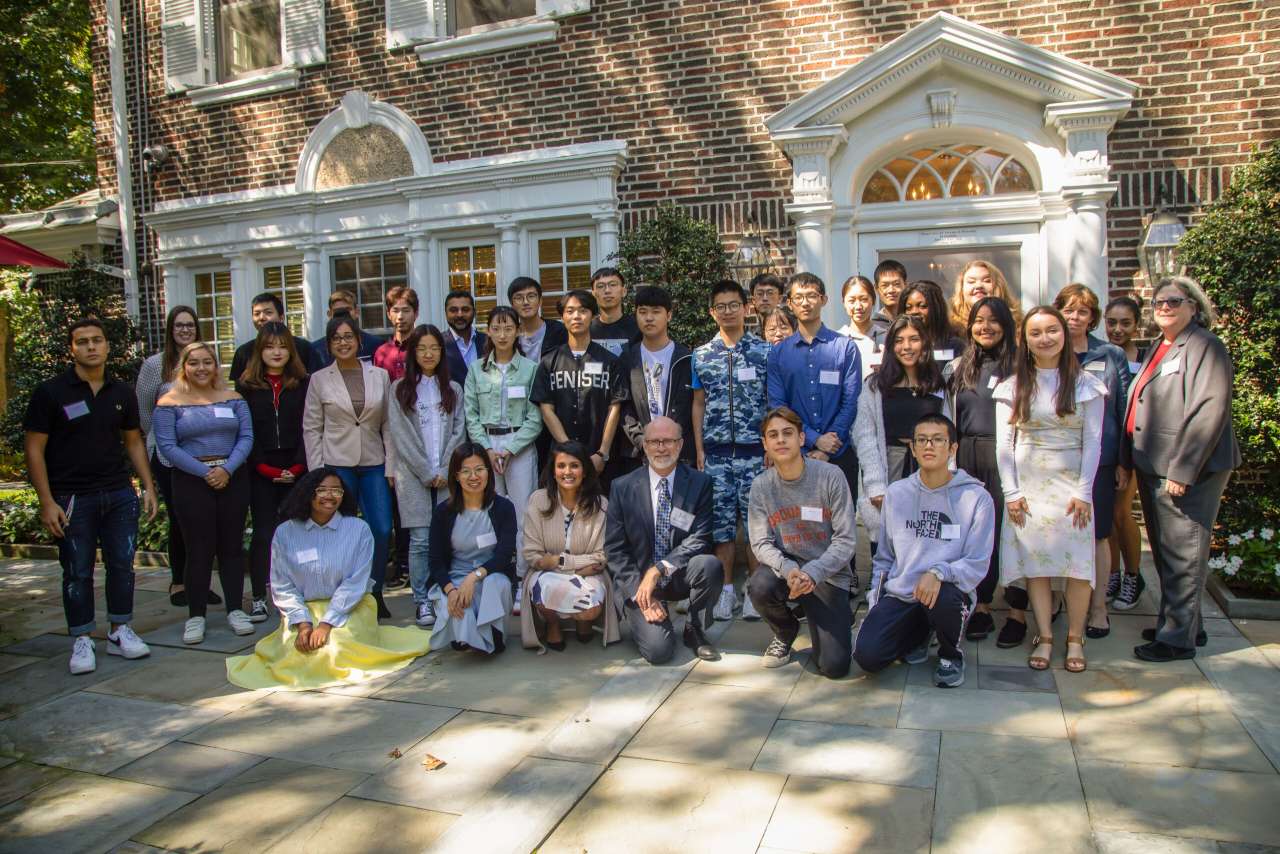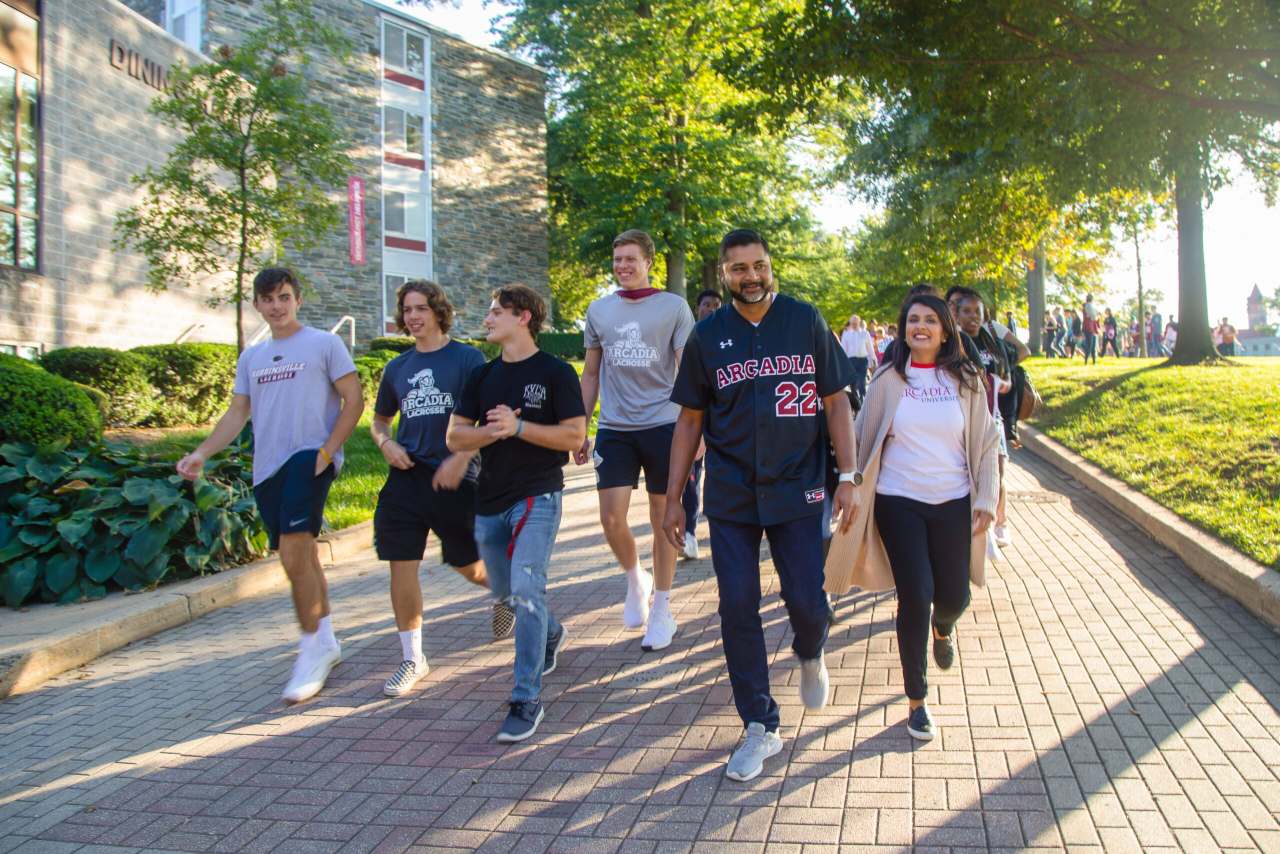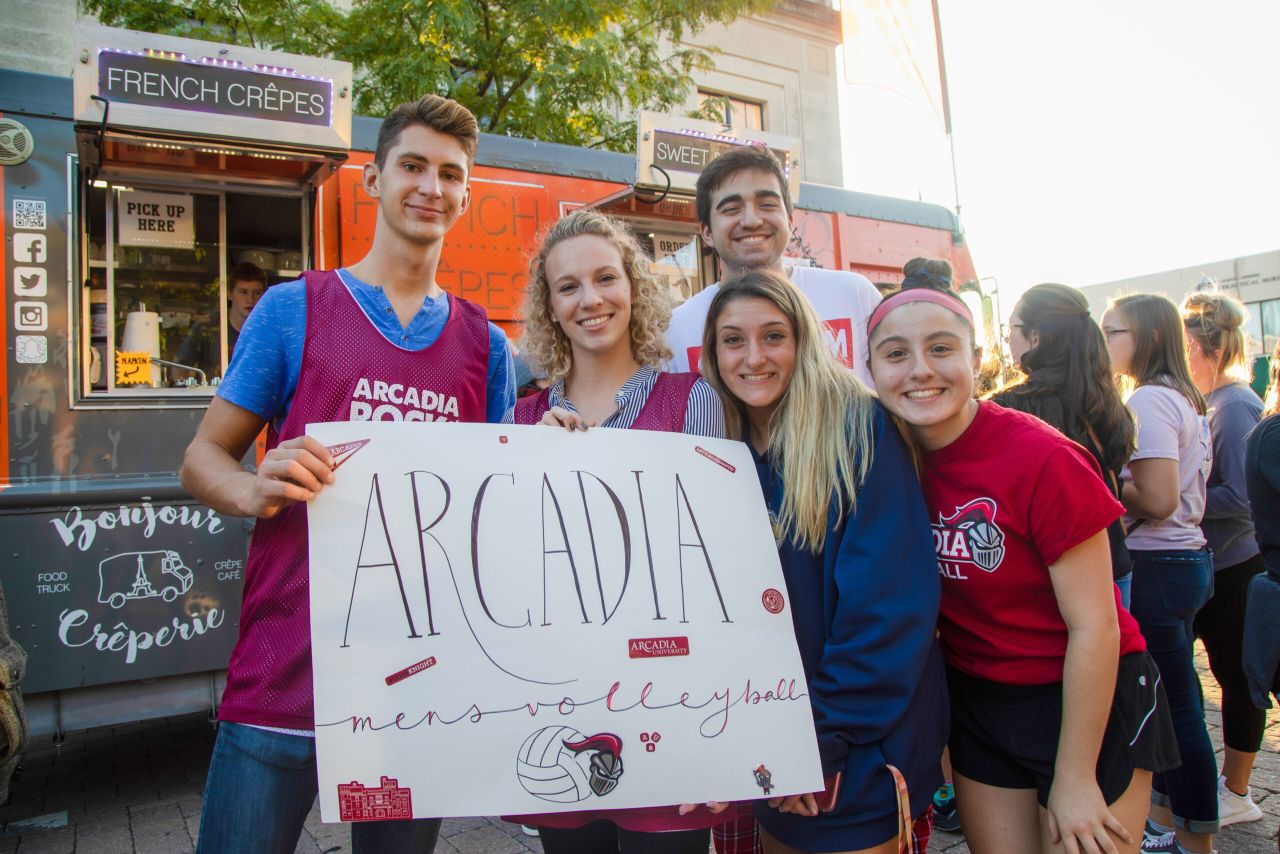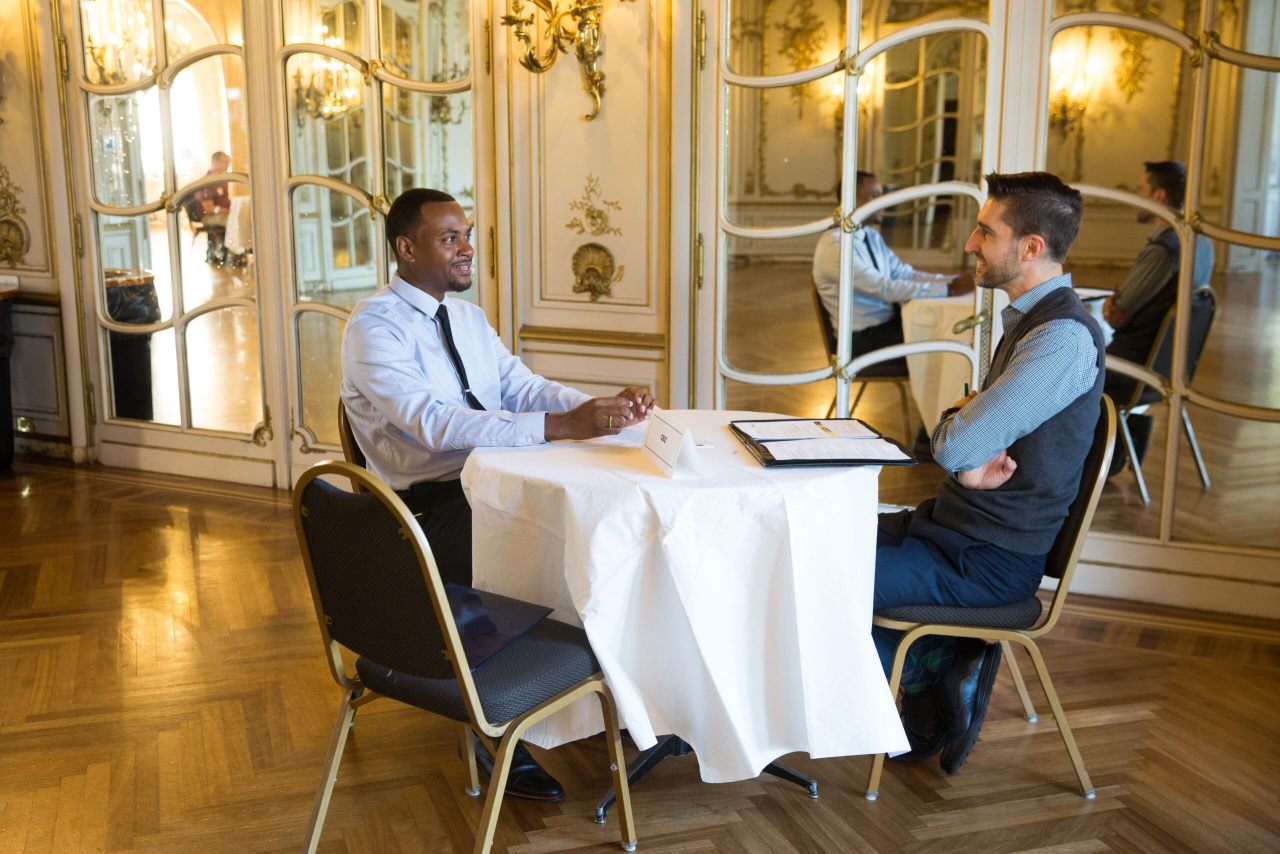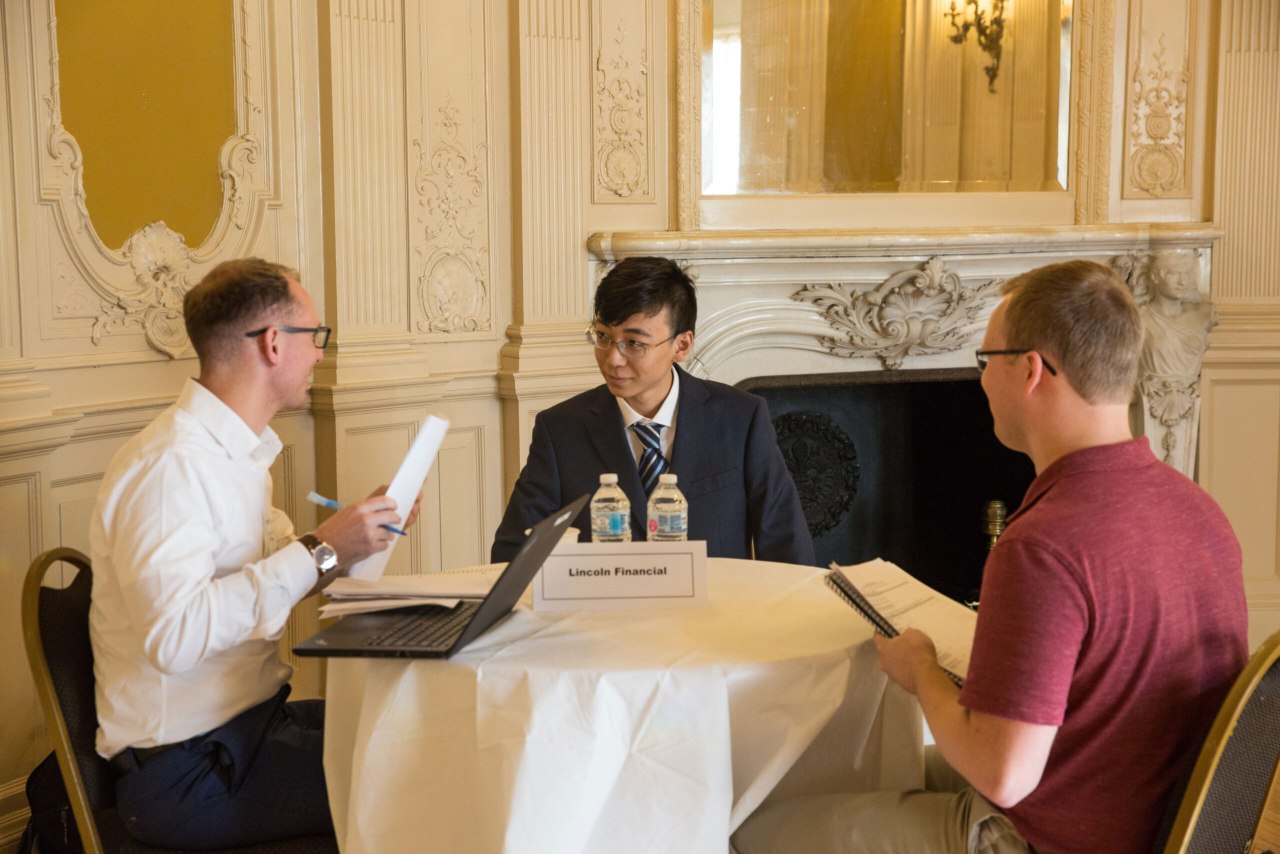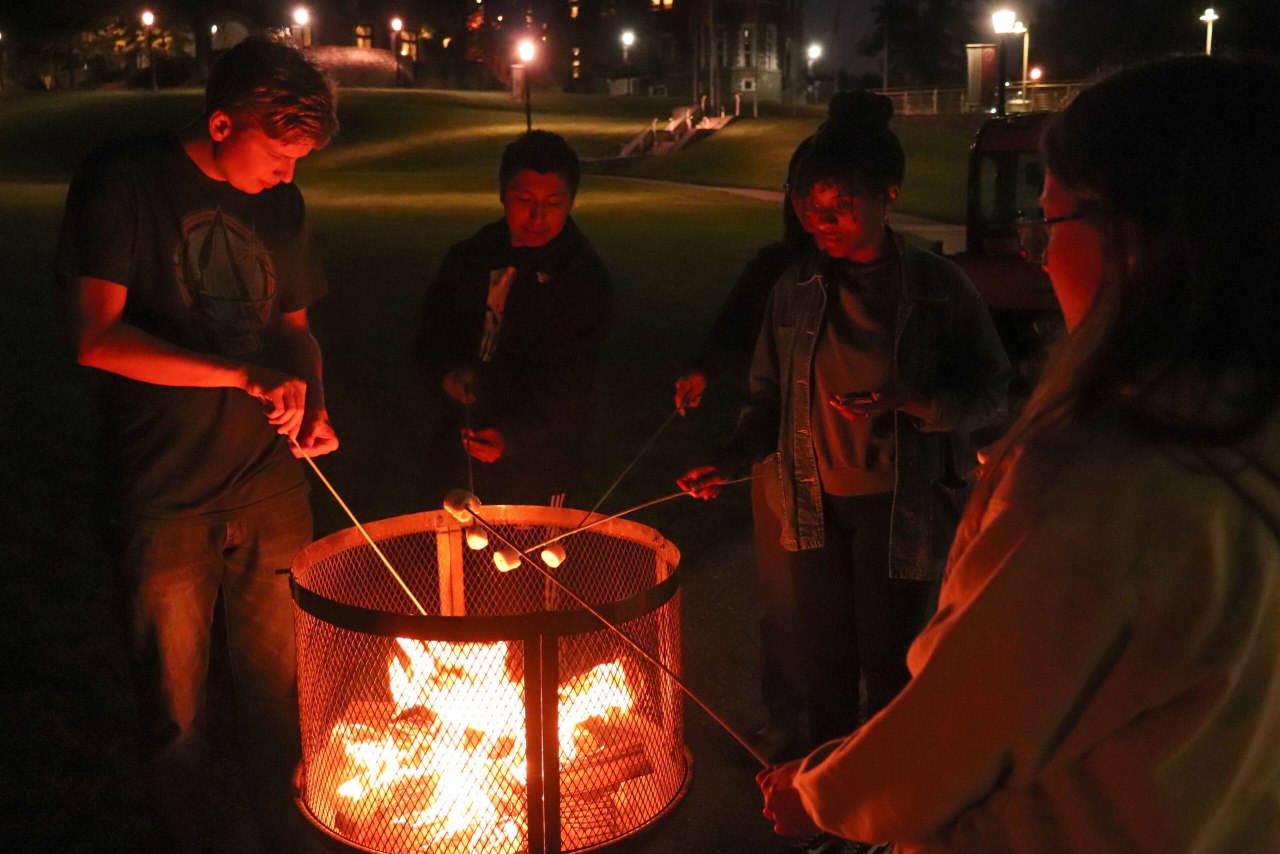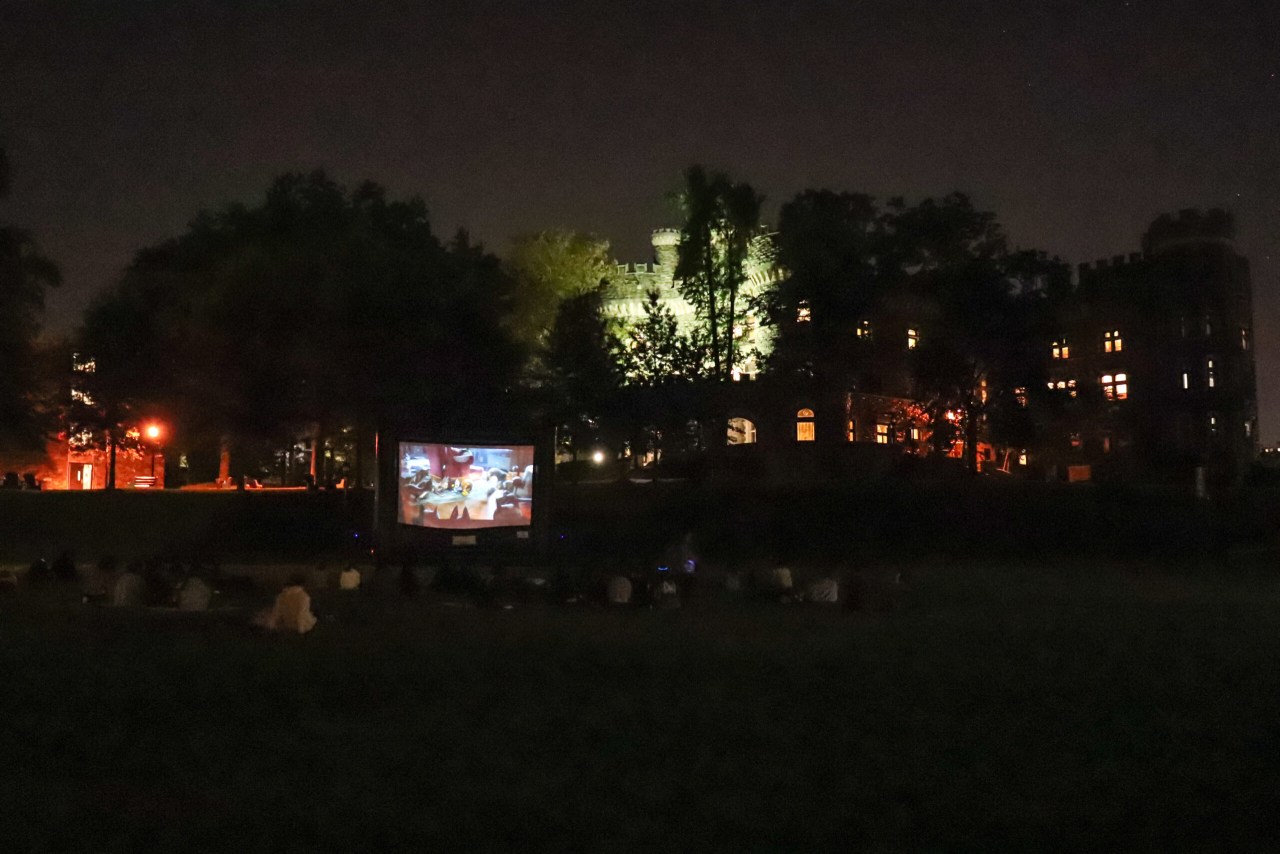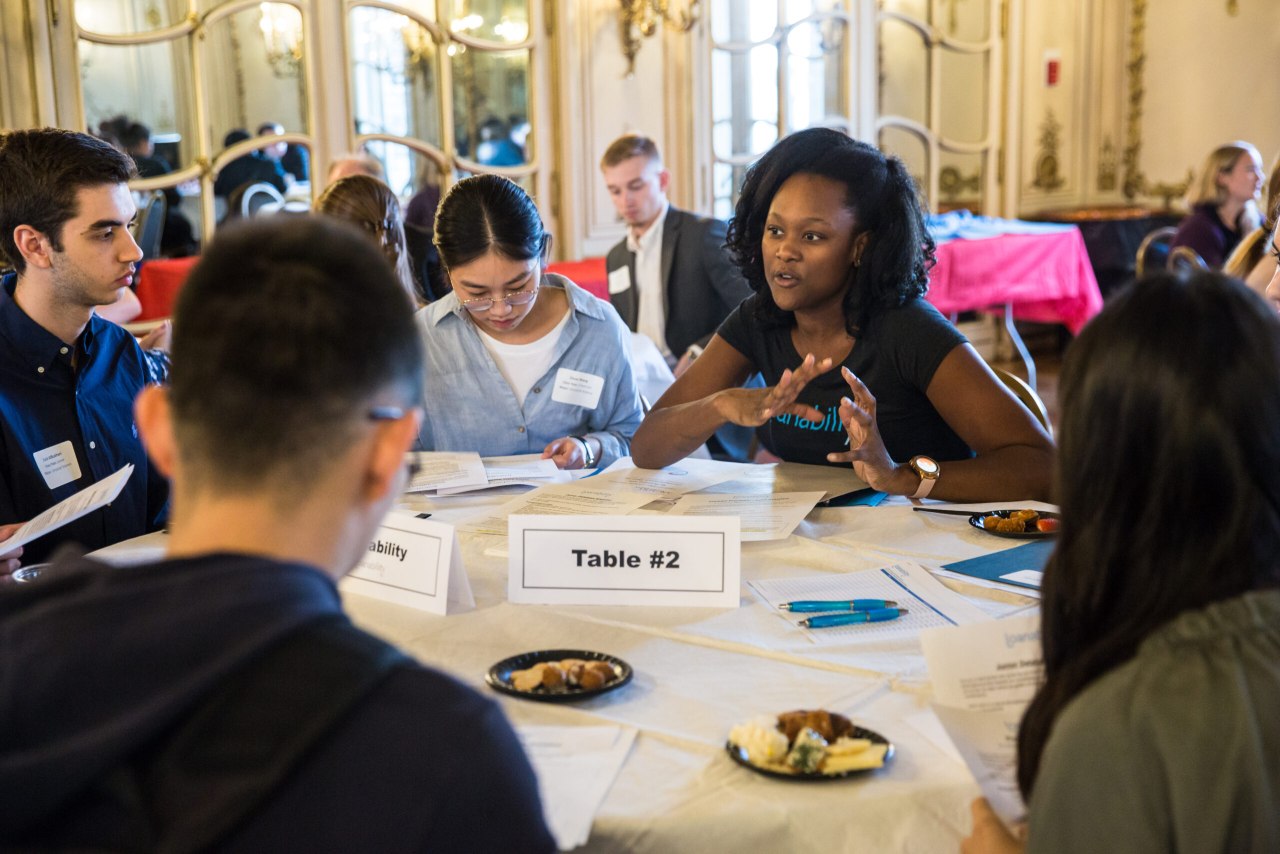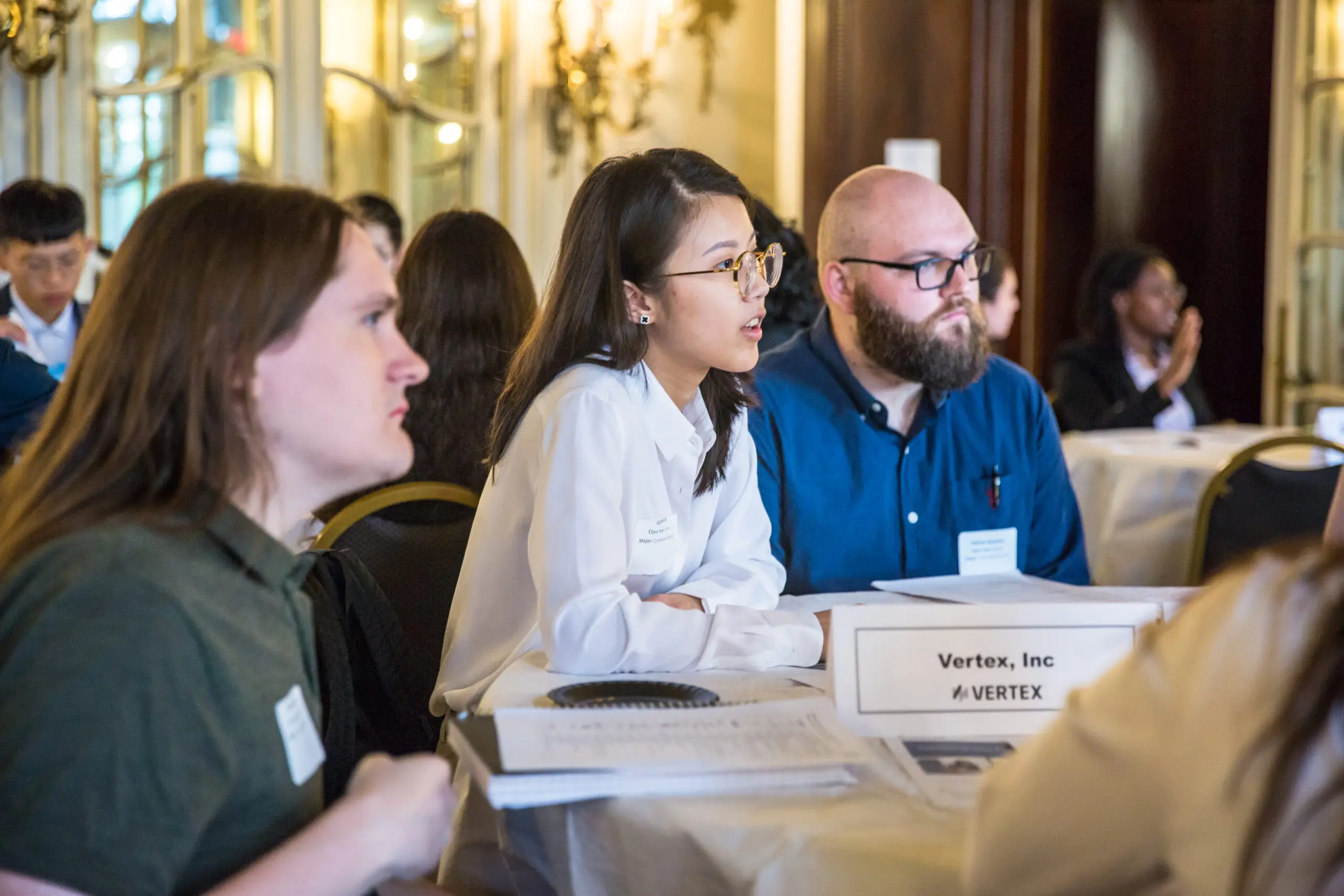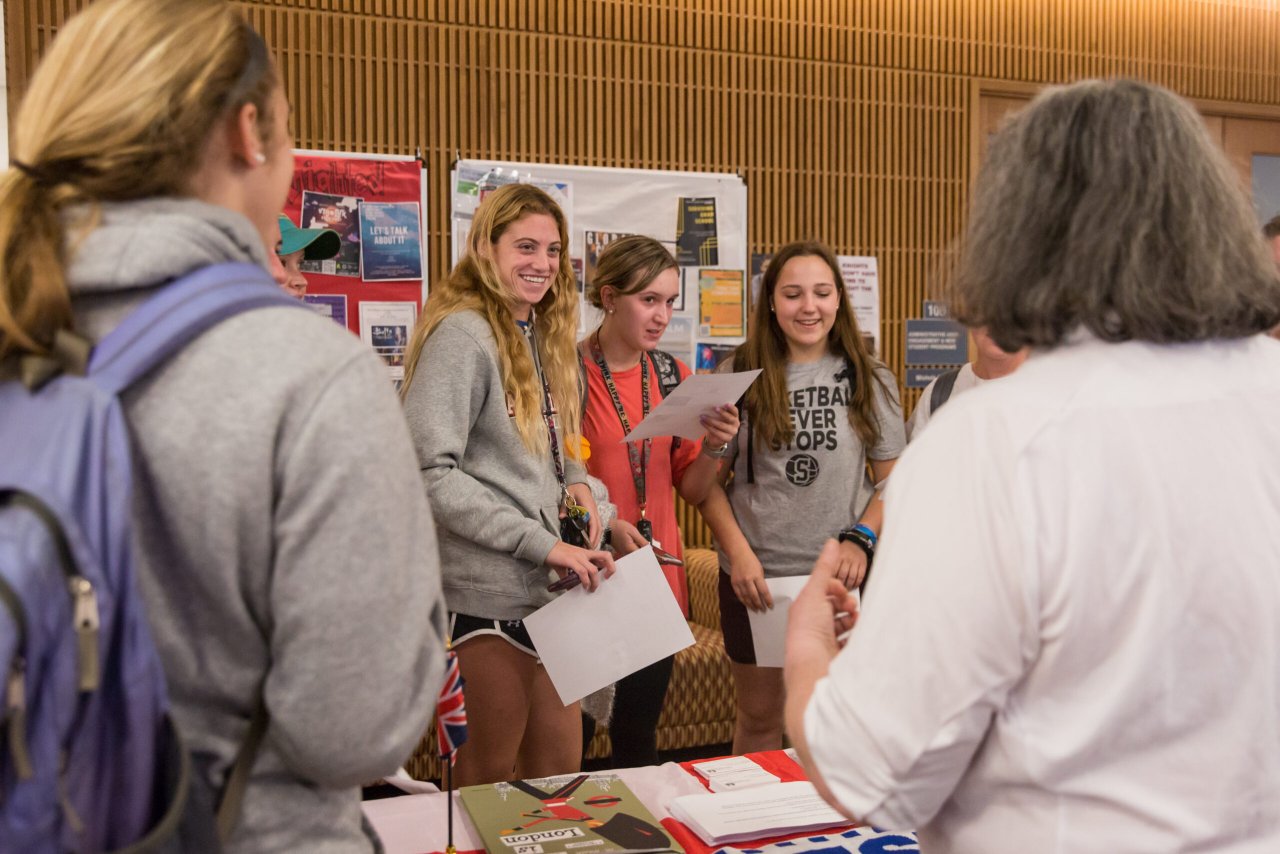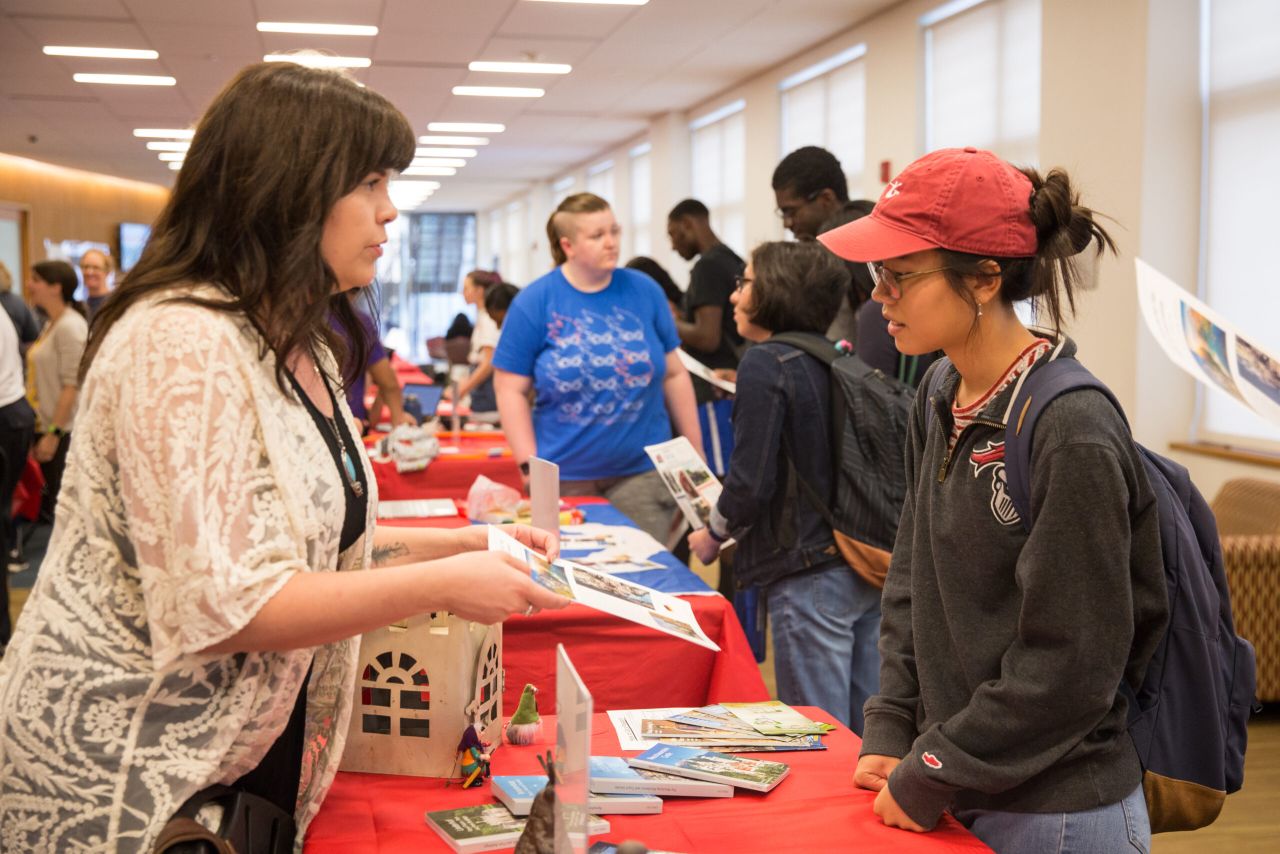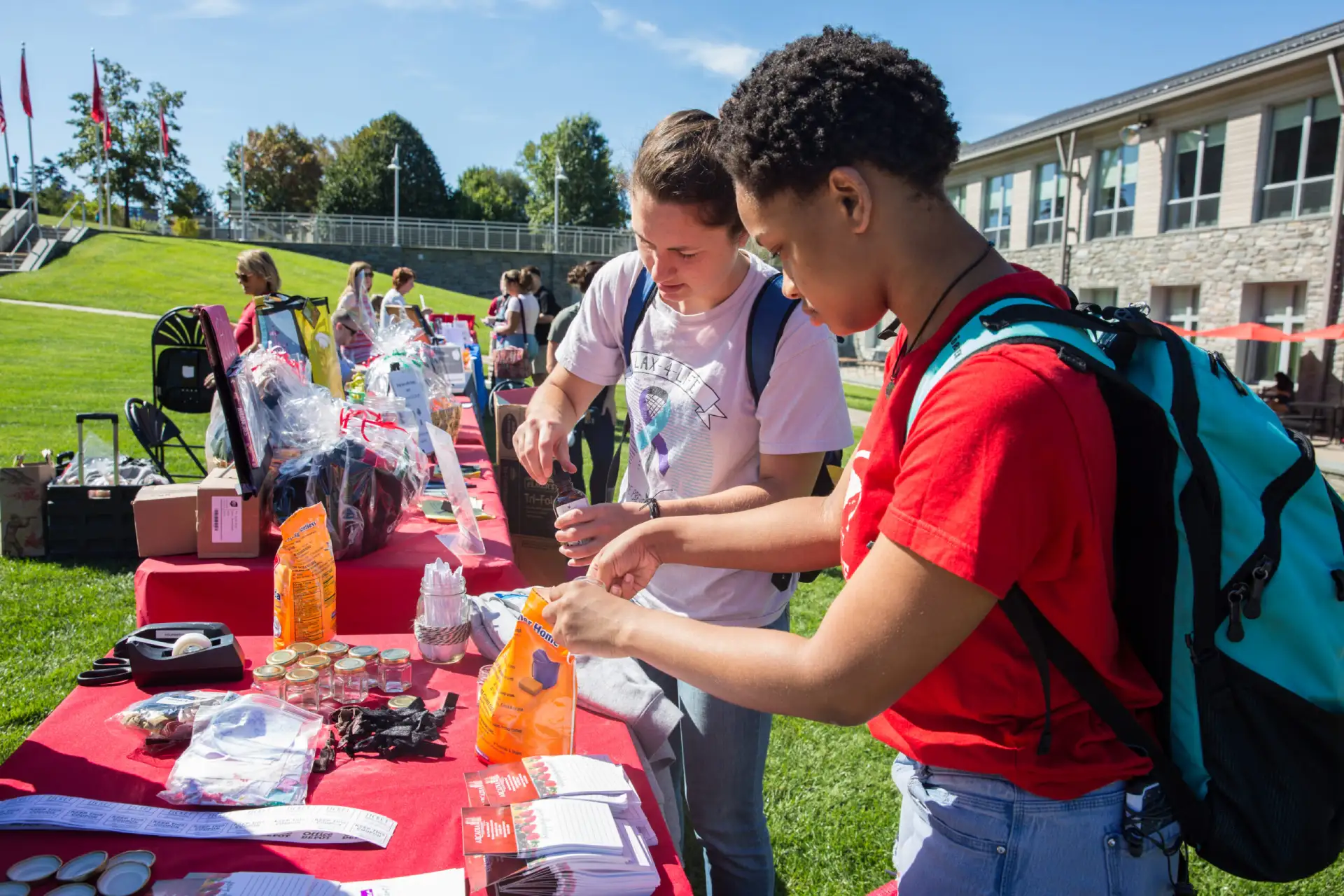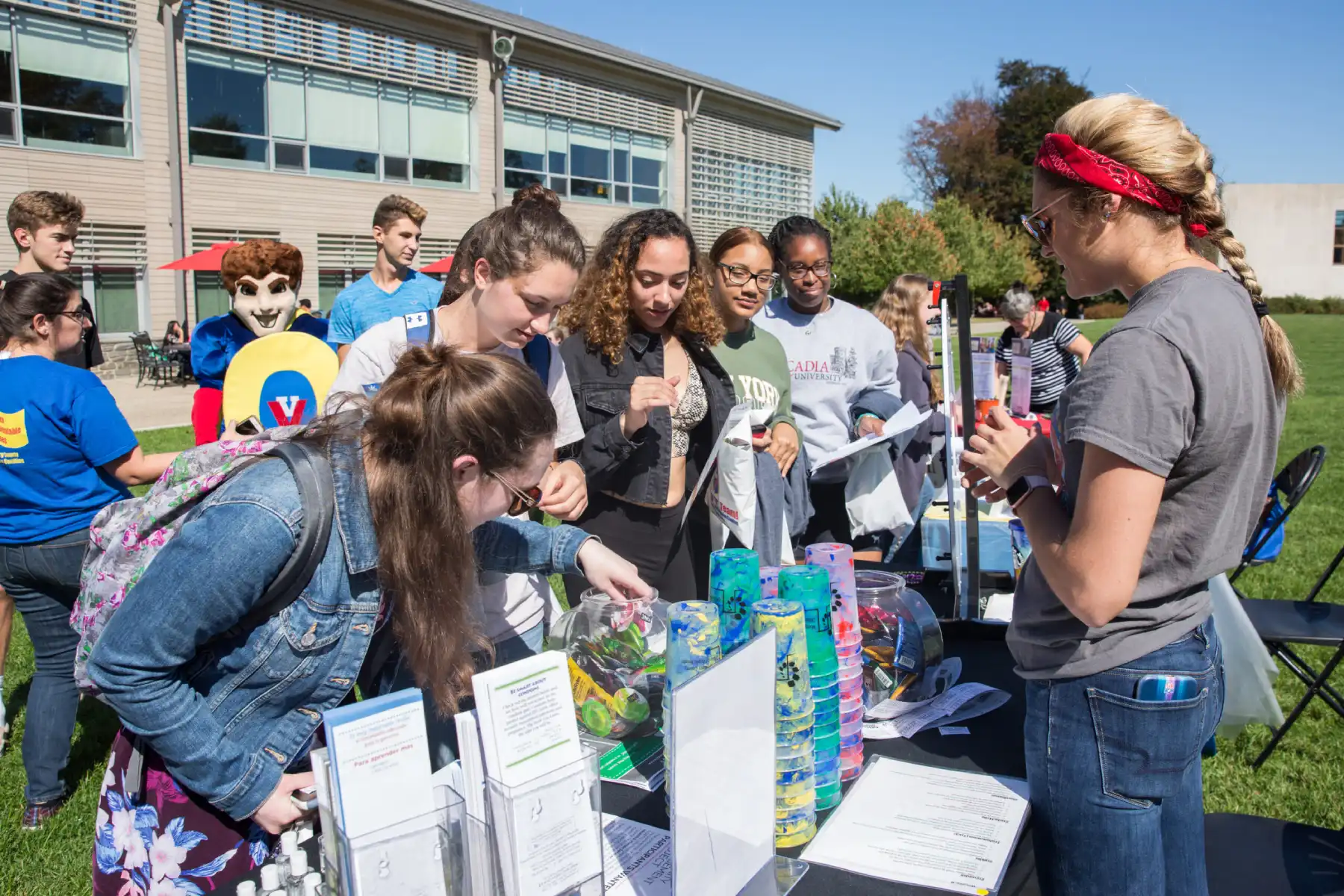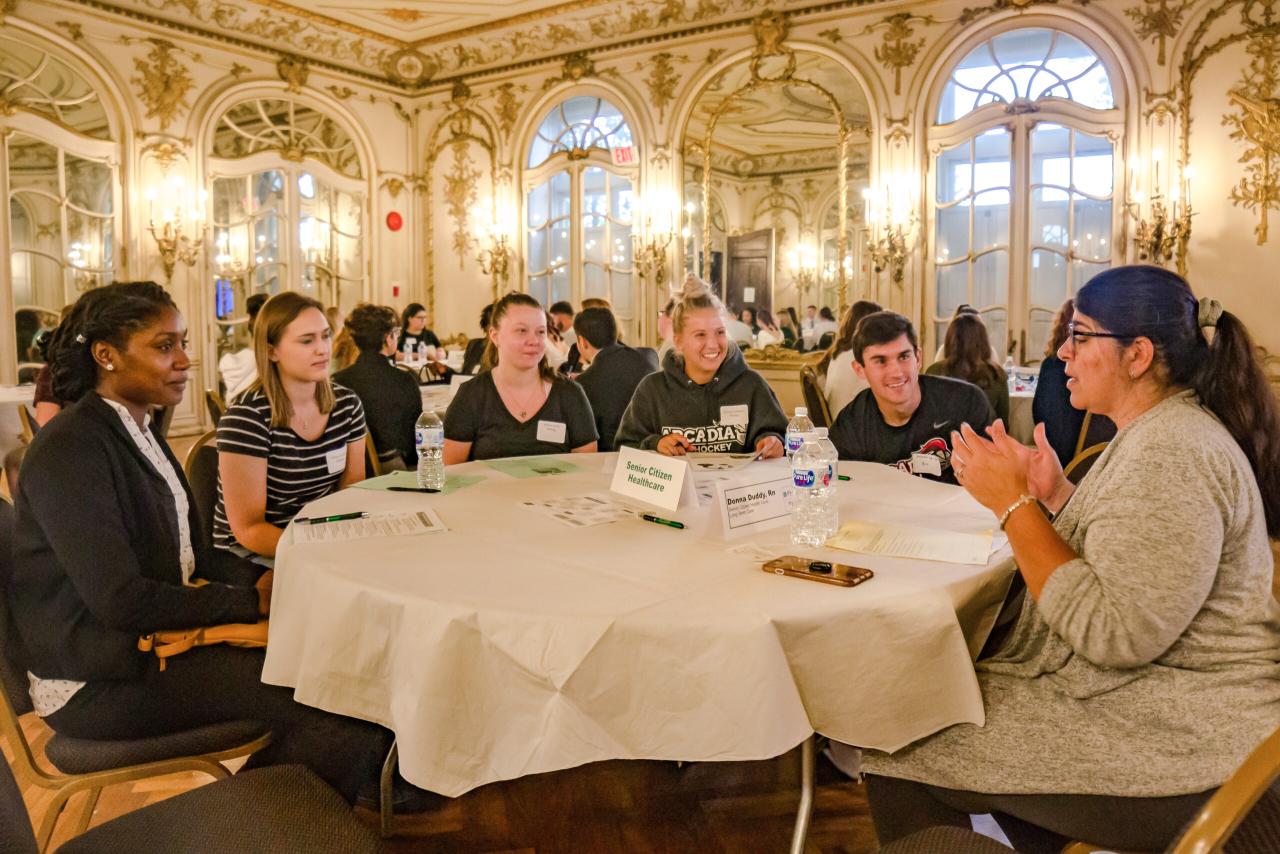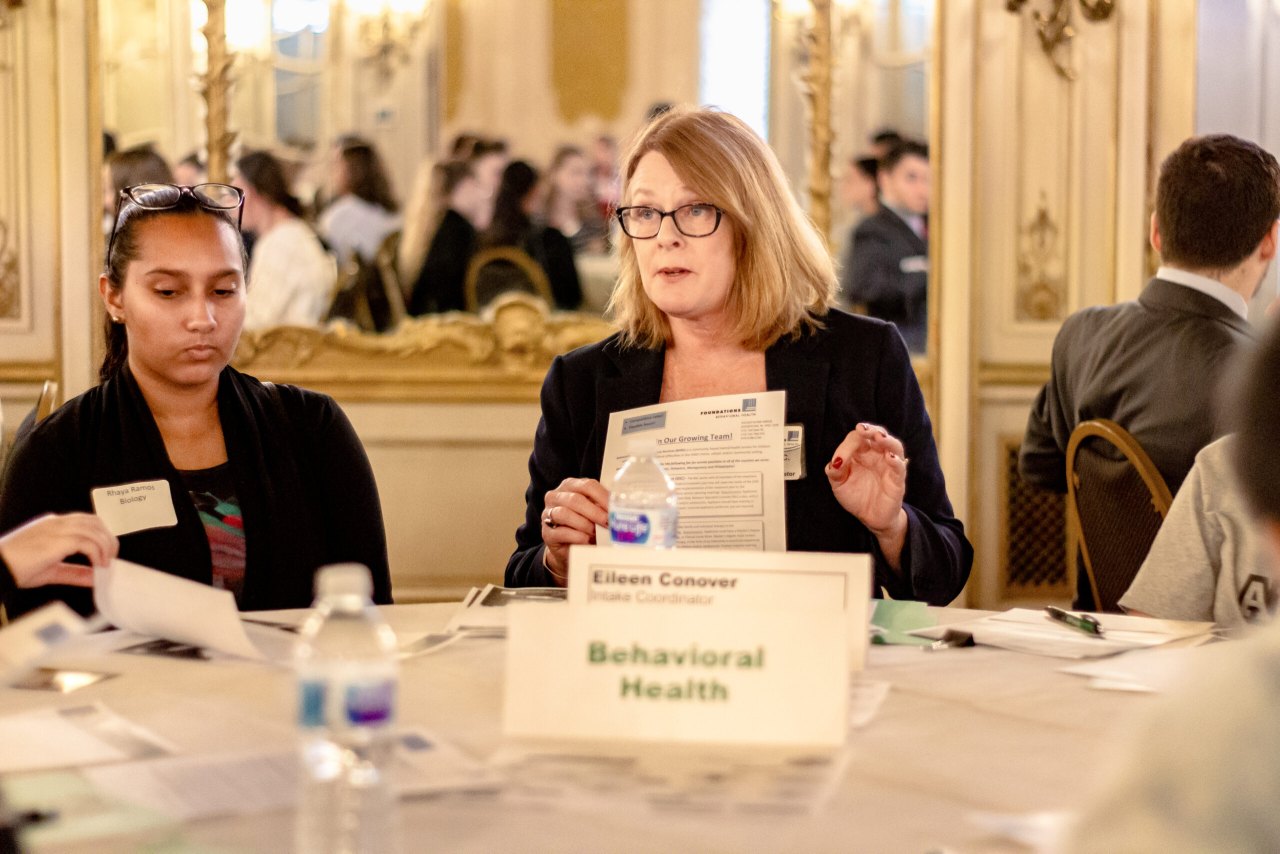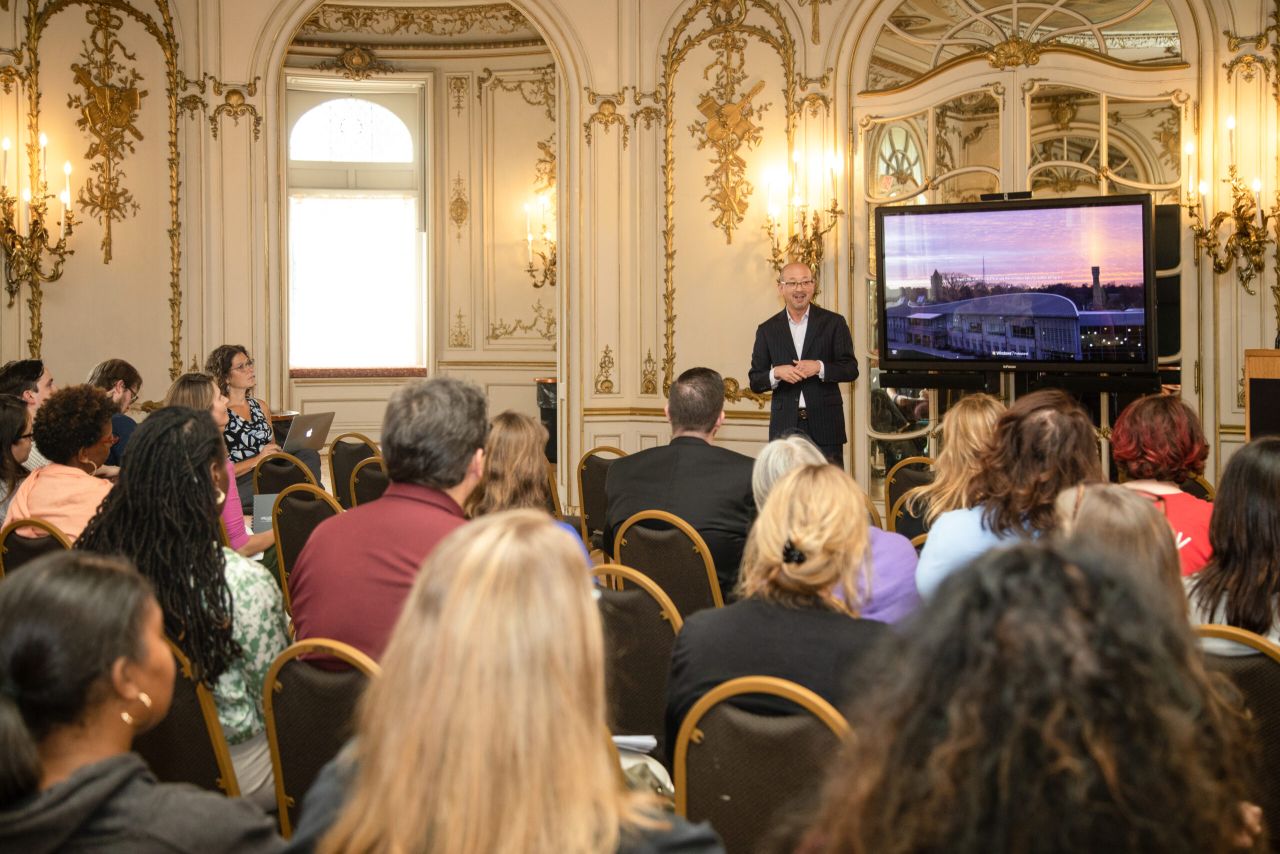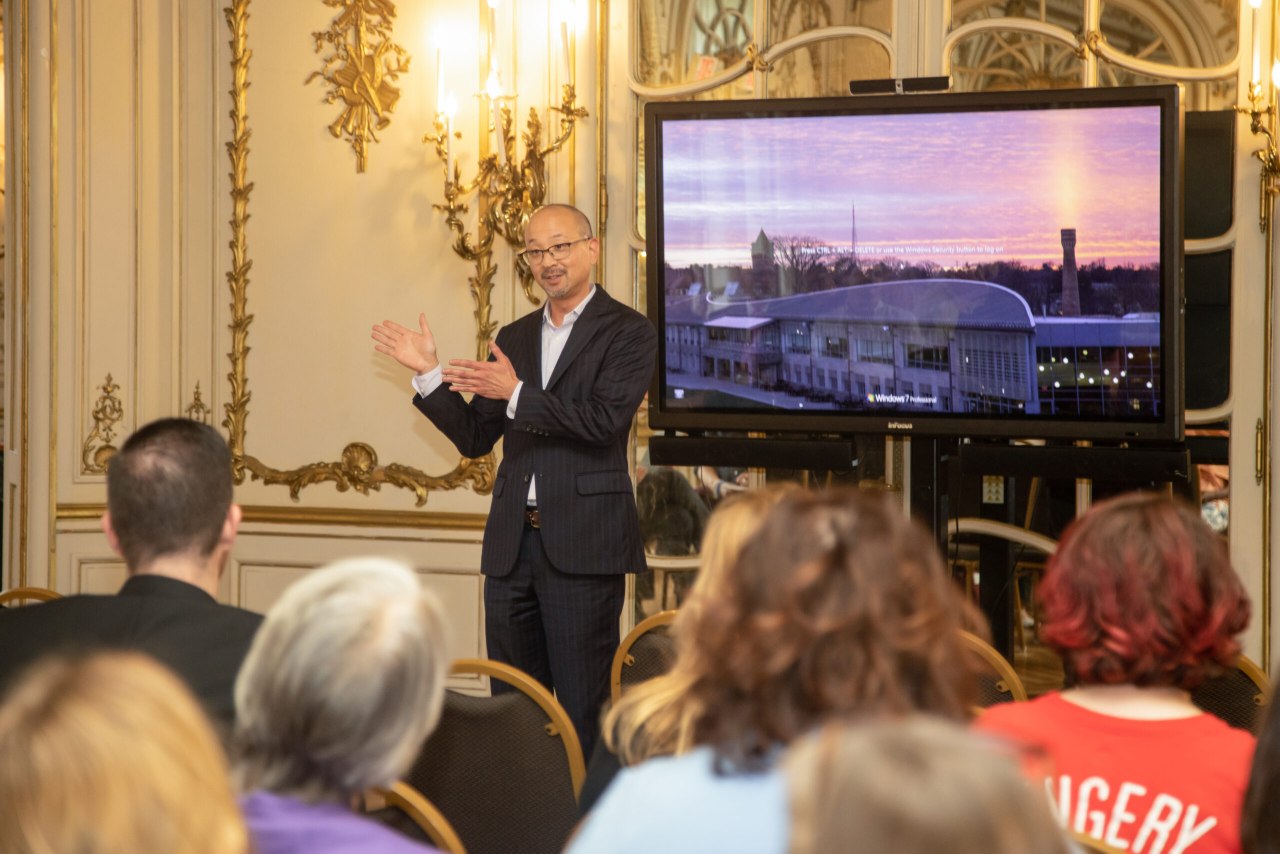A Kidney Biopsy—and Unexpected Benefits
The last time I was admitted to a hospital was January 2016. Of course, my transplanted kidney decided to wait until the most inconvenient time to throw a fit: the third week of this semester. Which isn’t just any semester, mind you. No, this is my first ever college semester. The transition to college had been hard enough, and now I had to miss two days of classes.
In 2012, I was diagnosed with a disease called focal segmental glomerulosclerosis, also known as FSGS (because no one wants to bother with saying that whole thing). All those letters mean, basically, the kidneys are scarred to the point that they’re unable to function. So, I had a double nephrectomy (removing both kidneys at the same time) in June 2013. Luckily, a family friend was a good match for a transplant. On Dec. 31, 2013, I had a successful kidney transplant. I still have monthly bloodwork to make sure everything is functioning correctly, quarterly meetings with the Nephrology team, and yearly meetings with the Transplant team.
It’s reassured me that the professors here at Arcadia will work with me if health issues arise. It’s shown me how helpful and caring peer mentors are.
– Denise Glick
Some of the results from the aforementioned monthly bloodwork hadn’t been within the ranges that the doctors liked to see, so they decided to do a biopsy to check for an episode of rejection. It’s usually a simple, outpatient procedure, but Penn State Hershey’s Transplant team only does biopsies on Tuesdays and Thursdays, which happen to be my busiest days, with three classes back to back. As soon as I found out, I emailed my professors, letting them know what was going on. Was I nervous? Definitely. Everyone has said that college professors don’t care about attendance, but we were told that if we missed more than five classes in EN212, it’s an automatic fail, and that includes both excused and unexcused absences. Of course, this isn’t the case in every class, and the syllabus is often much more intense than the professor actually is. But it was still intimidating.
All of my professors were understanding and willing to do whatever it took to work with me. They asked to be updated with results, because there was a possibility I would have to miss more school. My First-Year Seminar teacher even offered to go to the Preview Kickoff event and send me information about the courses I was interested in.
When I got to Arcadia, I discovered peer mentors. I could not be more grateful for them. Peer mentors are upperclassmen that are usually in a major related to the seminar and are there to answer questions (sometimes faster than professors) and help with the transition from high school to college. For me, talking with my peer mentor not only gave me valuable insight into some of the services available on campus, but helped me feel more at ease about the decision to come to Arcadia. They were kind and understanding and genuinely wanted to help.
Luckily, the biopsy showed only borderline rejection (the lowest level possible), and I was able to return to school the next week. But catching up on schoolwork was the toughest part. I had expected to be feeling well enough to work on assignments the day of my procedure, but it took me three days to return to some semblance of normal. I finished most of the backlog before the assignments were due, but I knew one wasn’t going to get done in time. And, of course, it was for my most intimidating professor. I stressed and whined about it to one of my friends until she yelled at me to just send the damn email. I’m pretty sure she would have smacked me if she wasn’t in England, so I gathered my courage and sent the email. A few hours later, my professor answered in the way that professors do sometimes, with short sentences and as few niceties as possible, so it’s impossible to tell if they’re mad at you or not. But she gave me the extension, so she couldn’t have been too angry.
Beyond school work, I hated the thought of missing Rock the Knight and the Preview Kickoff. Seeing everyone post about them on Instagram didn’t help, either. Unfortunately, missing out on things because of my health is a common theme in my life, but that doesn’t mean I’ve gotten good at dealing with it. The best thing for me is distraction, like a three-hour YouTube binge or reading a book. Even though a lot of the “college experience” seems to be based on doing things with friends, sometimes you have to be by yourself. And getting comfortable doing things by myself is one of the most valuable life skills I’ve learned in college.
This ordeal was not something I wanted to happen. But, in a way, I’m glad it did. It’s reassured me that the professors here at Arcadia will work with me if health issues arise. It’s shown me how helpful and caring peer mentors are. Even though catching up on work was tough, it was still doable. I’m not a hundred years behind like I thought I would be. And my new friends were more concerned and worried for me than I ever thought possible.
Discovering all of that early on maybe wasn’t such a bad thing after all.

